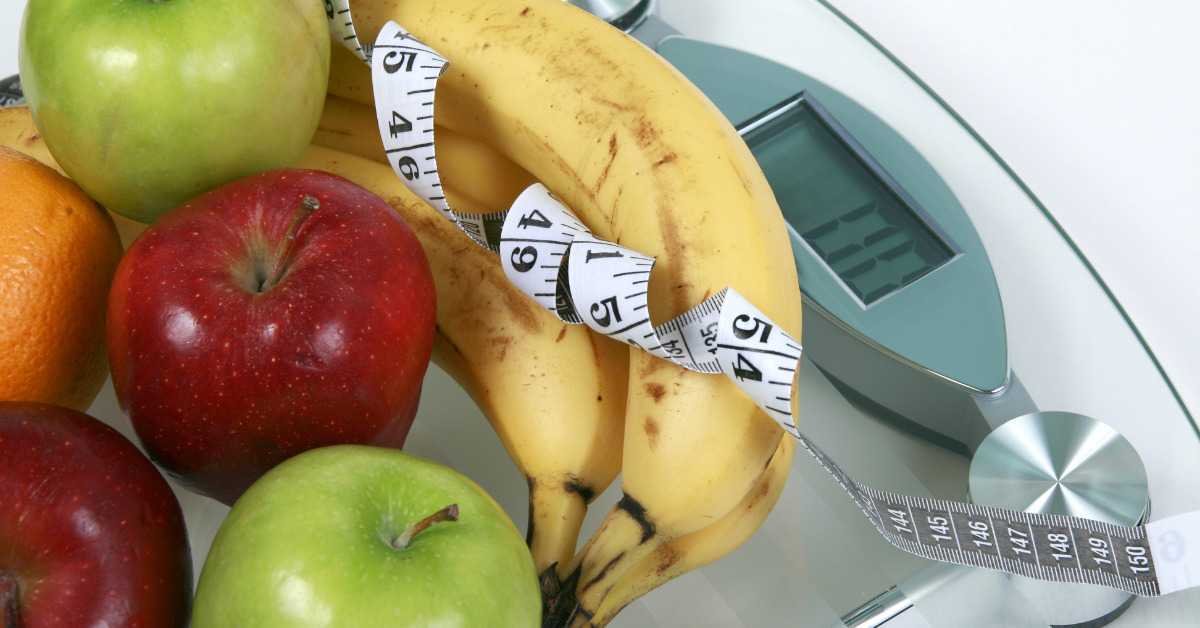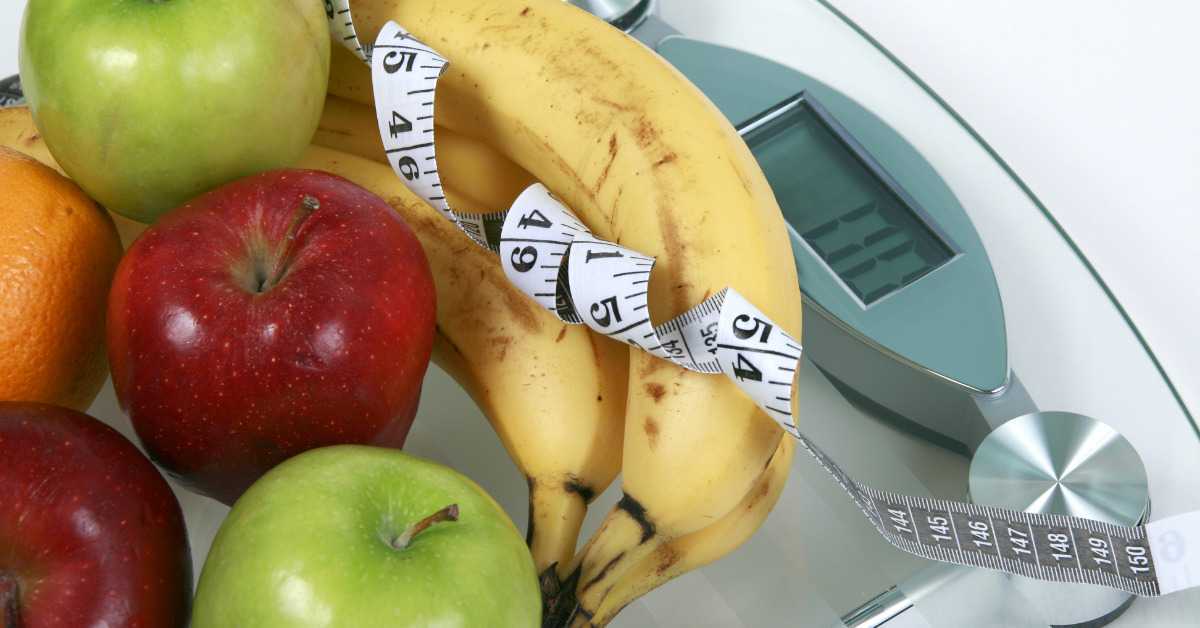During the holy month of Ramadan, family and friends gather to break their fast and share a delicious meal.
Iftar tables worldwide are loaded with fried appetizers, robust rice dishes, and sugary desserts. Those who fast refrain from eating or drinking anything between sunrise and sunset, but once their fast is broken, many indulge in various meals, leading to weight gain.
But the question is, what can you do to avoid weight gain in Ramadan? Here are a few healthy tips to refrain from weight gain during Ramadan. If you are concerned about gaining weight, consult a bariatrician.
Reasons for Weight Gain in Ramadan
- Continuous eating, particularly between Iftar and Suhour, can create weariness due to a feeling of fullness and laziness.
- Idleness and sloth after Iftar
- Consuming large quantities of food in excess of what is considered typical.
- Consuming large amounts of fried, high-fat, and calorie items in the evenings (Pastries and samosa)
- Inviting friends to your home or going out to eat may expose you to a wide range and quantity of calorie-dense food options.
Tips to Avoid Weight Gain in Ramadan
Fasting changes one’s eating and drinking habits throughout Ramadan. Iftar foods should not strain or exhaust the digestive system, which has been empty for a long time. Foods consumed during sahur should also be as light and easily digestible as possible.
The Ramadan diet is essential for internal organ rest, toxin removal, and blood fat balance. Ramadan may be celebrated without gaining or losing weight, owing to iftar and sahur menus that offer small portions of healthy foods.
Eat Less, Reduce Portion Size
Throughout Ramadan, the number of meals is reduced, although portions are often increased. Consuming a wider variety of foods strains the digestive system, causing it to slow down during the day and increase caloric intake.


Also Read: How to avoid empty stomach acidity during Ramazan?
Consume a lot of Leafy Greens
Vegetables must be included on the iftar and sahur menus, and salads, including greens, should be consumed alongside the dish. Green veggies’ high water and mineral content refill the body’s water loss daily.
They also provide resistance to the metabolic processes of the body. You can grow lettuce, parsley, green onion, and basil in your garden, and these fresh greens will enhance the flavor of your salads.
Avoid Excess Sugar
Fasting lowers blood glucose levels. When consumed shortly after iftar, desserts containing sherbet or excessive sugar cause a spike in blood sugar and a subsequent decline in insulin levels.
The dessert contains refined sugar stored in your liver and makes you more likely to overeat. So, if you’re fasting throughout Ramadan, stay away from refined sugar and foods with a high glycemic index.
The best options for satisfying a sweet tooth are dates, fresh fruits, and low-sugar dairy desserts.
Consume High Fiber Foods
This is because fiber-rich meals, such as fruits and vegetables, keep you full for longer durations. The most important thing to remember on a fast is to feel full and eat fiber-rich foods throughout iftar and sahur for a lengthier and more pleasant fasting period.


Related: How to Stay Full during Ramadan? 10 Amazing Foods!
Get A Better Sleep Routine
Sleep allows for cell repair and renewal, so it is critical to get some shut-eye. Growth hormones which aid in fat burning, are also released when sleeping.
A high-fiber diet and enough restful sleep throughout Ramadan enable efficient digestion. Not getting enough sleep between iftar and sahur will affect your metabolism and make burning the food you’ve consumed more difficult.
As a result, keeping a regular sleep pattern and avoiding sleep deprivation are crucial aims throughout Ramadan.
Book an appointment now to answer all your queries. You can book an appointment with the top Bariatric Surgeons in Faislabad through Marham by calling the Marham helpline: 0311-1222398 or by online booking facility through the website or Marham mobile app.
| Android | IOS |
|---|---|
  |
  |
FAQs
1. Why am I gaining weight while fasting in Ramadan?
Muslims have been observed to gain weight throughout the fasting month of Ramadan, despite fasting for an average of 12 hours every day. The primary causes are excessive calorie consumption and a lack of physical activity to burn them.
2. Do we lose weight in Ramadan?
Ramadan is an excellent time to lose weight since people eat smaller portions during the fasting month. Your stomach may shrink if you fast for an extended period, and you may also notice a change in your appetite.
3. How many hours of fasting until you burn fat?
The body begins to break down fat after around 12 hours of fasting, and the process typically peaks between 16 and 24 hours.

